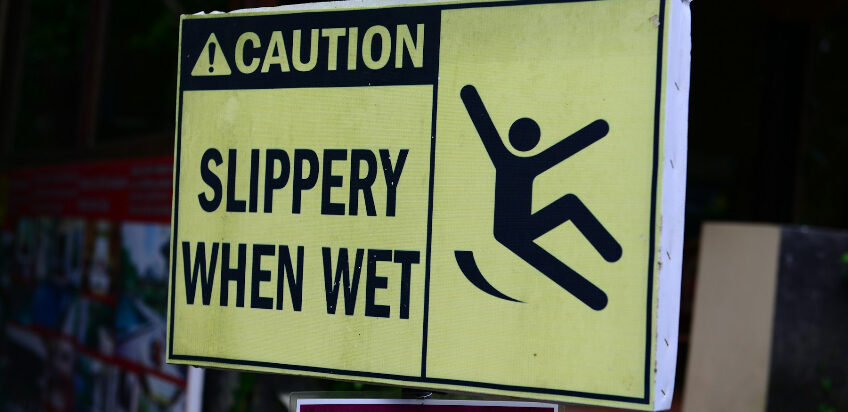Slip and fall accidents can happen anywhere—on a slick supermarket floor, an icy sidewalk, or a poorly lit stairway. These accidents often lead to serious injuries such as broken bones, concussions, or spinal damage. If you are hurt because of unsafe conditions on someone else’s property, you may have the right to file a personal injury lawsuit. However, you must act within a specific timeframe known as the statute of limitations. In New Jersey, understanding this deadline is essential because missing it could permanently bar you from seeking compensation.
What Is the Statute of Limitations?
The statute of limitations is a legal deadline that sets how long you have to file a lawsuit in court. Its purpose is to ensure that claims are made while evidence is still fresh and witnesses are available. If you file after the statute of limitations expires, the defendant can request that the court dismiss your case, and you will likely lose the right to recover damages.
Time Limit for Slip and Fall Claims in New Jersey
For most slip and fall cases in New Jersey, the statute of limitations is two years from the date of the accident. This means you must file a lawsuit within two years of the day you were injured. If you wait even one day beyond this period, the court will almost certainly refuse to hear your case.
Claims Against Government Entities
If your fall occurred on public property—such as a city sidewalk, municipal building, or government-owned facility—special rules apply. You must file a Notice of Claim with the appropriate government agency within 90 days of the accident. This notice informs the agency of your intent to pursue a claim. Only after this step can you file a lawsuit, and you still must do so within the two-year statute of limitations. Failing to meet the 90-day notice requirement can result in losing your right to compensation entirely.
Exceptions and Special Circumstances
While the two-year limit applies to most cases, there are limited exceptions:
- Discovery Rule – If you did not immediately know you were injured (for example, if a hidden injury appeared later), the clock may start when you discovered or should have discovered the injury through reasonable diligence.
- Minors – If the injured person is under 18, the statute of limitations usually does not begin until their 18th birthday. They then have two years to file suit.
- Mentally Incapacitated Victims – The time limit may be paused until the individual regains legal capacity.
Because exceptions are rare and strictly interpreted, it is always best to act quickly and consult an attorney as soon as possible.
Why Acting Early Matters
Waiting until the last minute to file can hurt your case, even if you are within the two-year limit. Over time, evidence can disappear—surveillance footage may be erased, conditions at the accident site may be repaired, and witnesses’ memories can fade. Early action allows your legal team to investigate thoroughly, preserve evidence, and build the strongest possible claim.
Conclusion
In New Jersey, the statute of limitations for slip and fall claims is generally two years, but special rules apply for cases involving government property or unique circumstances such as minors or delayed discovery of injuries. Missing these deadlines can completely eliminate your ability to seek compensation. Acting promptly not only protects your legal rights but also increases the likelihood of a successful outcome. If you were injured in a slip and fall accident, speak with an experienced premises liability attorney as soon as possible to ensure your claim is filed on time and supported by strong evidence.
